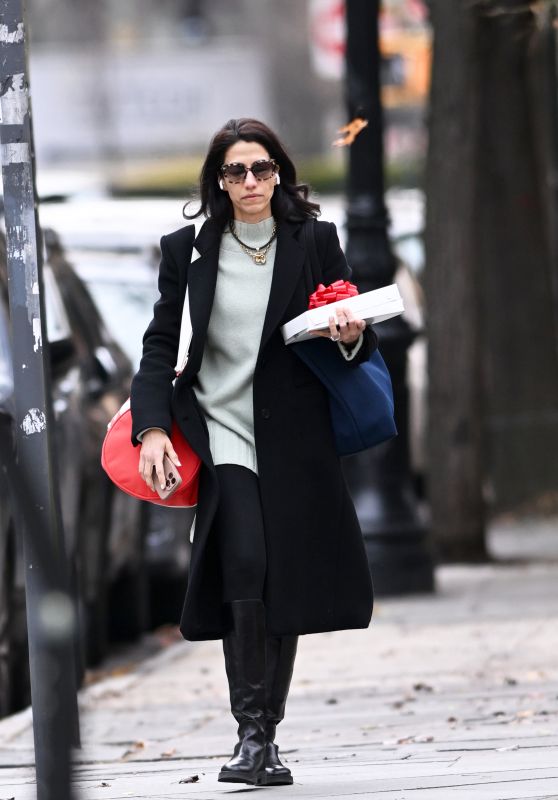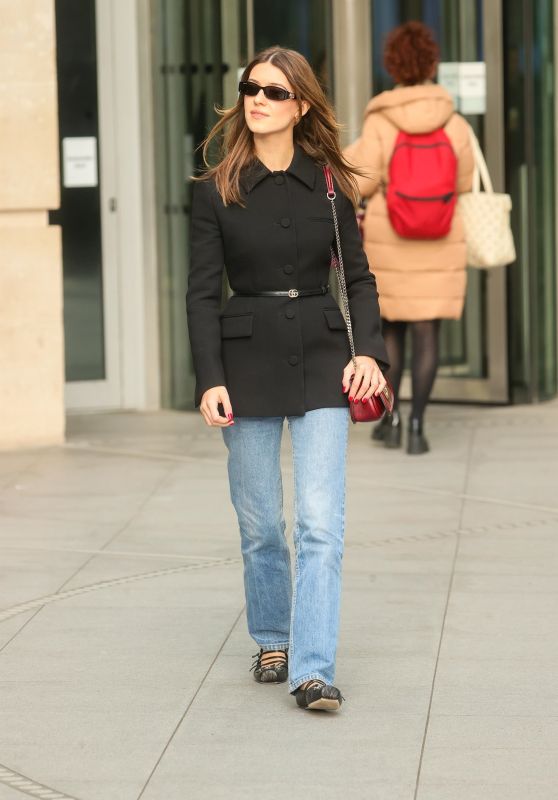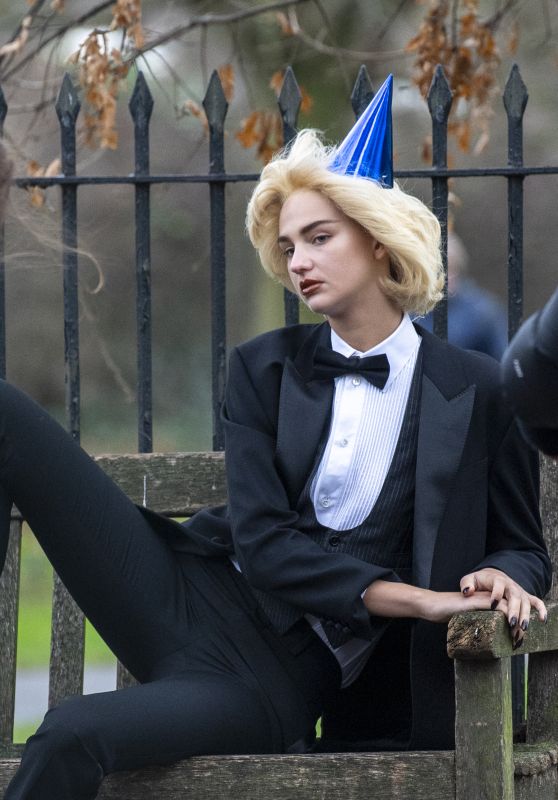[This story contains major spoilers from the season 5B finale of Yellowstone, “Life Is a Promise.”]
Yellowstone actor Gil Birmingham knew when he signed onto Taylor Sheridan‘s hit series how it was going to end.
“Taylor had written the bible for the show in the beginning; he knew how it was going to end,” the actor who plays Chief Thomas Rainwater on the Paramount Network Western saga tells The Hollywood Reporter. “I didn’t know how [it would get there]. But overall I was aware that event was going to happen, and I was very curious about how he was going to develop it.”
The Comanche actor had already worked with Sheridan, having starred in the screenwriter’s Hell or High Water and Wind River movies (Birmingham reprises his role in the Wind River sequel, which has yet to land a release date). “I had already done two projects with Taylor so I had already learned the genius that this guy does in his writing. So I was all aboard on another Team Sheridan project,” says Birmingham of signing onto what would grow into TV’s No. 1 series. (The finale was the largest night one audience in Yellowstone history.)
But the full-circle ending that played out in the season 5B finale — a happy one for Birmingham and his tribe, as well as for Native storytelling at large — was also a strong draw.
In the finale, Yellowstone brought the Dutton saga full circle by connecting the present-day owners of the family’s Yellowstone ranch — Beth Dutton (Kelly Reilly) and Kayce Dutton (Luke Grimes) — all the way back to the ancestors who first settled the land 141 years ago, a story that was told in the first prequel series in the Yellowstone-verse, 1883. A promise was made that, in seven generations, the land would be returned to the Indigenous people who were there first. The finale fulfilled that promise when the ranch was sold back to Rainwater and his fictional Broken Rock Reservation, and it’s significance was explained in a cameo from franchise narrator Elsa Dutton (Isabel May), the starring character in 1883.
The supersized finale, directed and written by Sheridan, may or may not be the final episode of the flagship series. Neither Sheridan nor Paramount Network has confirmed if the episode was a season or series finale, keeping the future of the main series ambiguous. The larger Yellowstone-verse continues to race ahead with present-day spinoff series The Madison currently in production and the second season of prequel series 1923 returning in February.
A second prequel series set in 1944 has also been announced. But the biggest question-mark hangs over the reported Beth and Rip spinoff with Yellowstone‘s Kelly Reilly and Cole Hauser. Earlier this week, executive producer and season 5B director Christina Voros explained to THR how Sheridan left the door “wide open” to continue on with the fan-favorite pair. Birmingham also says he can visualize how Sheridan could follow Rainwater and his tribe, who are now the owners of the land, and how that could all connect.
Below, in a chat with THR, Birmingham expands on that pitch, while also explaining how Sheridan accomplishes such authenticity in his Native storytelling and why the death of John Dutton (Kevin Costner‘s character) had to happen in order to arrive at this full-circle ending.
***
Are you following along with the reactions to the Yellowstone finale?
I have looked at some of the commentary people have written and, typical for our show, there are mixed reviews about what people were expecting. I’m happy with the ending, of course, for Thomas Rainwater and for the tribe. Taylor [Sheridan] has created some complicated and controversial characters on the show, so I think it just goes with the land.
When you and I spoke at the beginning of season 5B, you explained how Taylor Sheridan is aware of the Native world “where stewardship and responsibility is such that you return the land to the generation in the same pristine condition that it was when you had it to steward.” Knowing this full-circle ending was always his North star, how would you say Sheridan has been an ally in making Yellowstone?
From what I gather, Taylor writes from a lot of his own personal life experience. A lot of people don’t realize that when Taylor was younger, he went and spent several years with the Lakota Nation. I think some of the experience spoke to him spiritually, about a story of a people who were the original inhabitants and the inequities that never really get discussed, historically speaking — at least not in our history books. So I’ve always felt, in particular with his more recent projects and with Native representation, that if the story isn’t set in a time period, he’s really put us in the present day, which often doesn’t happen.
He’s provided characters who have their own agency and their own intelligence. And he shows the fact that we still exist. I find it interesting to discover that a lot of people, without any kind of history with it, don’t realize that we’re not just artifacts of the past, or how badly we’ve been represented through film and television previously. So, here’s a revisionist Western where he’s casting characters who have equal power and agency as any of the other characters. That’s a great leap forward.
When you then finally received the script for the season 5B finale and read the dialogue and saw how it would play out, what feelings did it bring out?
As you know, we had redacted scripts. So as it pertained to reading my scenes, I thought they were beautifully stated. It was a wonderful unity with two families who were in conflict here in the present day with their own private lineage. The Duttons had that ranch for 141 years and they had a respect for the land, and I think it’s beautiful the way that he developed the story so that the commonalties between the conflicting parties really revealed more in common with each other, and that was with the sacredness, respect and preservation of the land. I don’t know how much more of an ally you can be than emphasizing that.
The official land deal agreement between Rainwater with Mo (Mo Brings Plenty) and Kayce (Luke Grimes) and Monica Dutton (Kelsey Asbille) was a spiritual scene. What were some of the conversations that you and Brings Plenty, who is the show’s American Indian coordinator consultant, brought to that scene to make it authentic?
It’s almost always in the writing. Taylor is such a great collaborator, he won’t assume that he knows more about the culture than the characters who originate from that culture. I think there was a discussion about how we do the ritual with the knife cutting, and the presentation of the knives to each other. It really resonated, like you said, in a very spiritual sense abut how this is deeper than just the conflict resolution that Kayce was having and that Rainwater was always fighting for. Usually, it’s always in the writing and then every actor in our ensemble piece brings such creative talent to it. We’re just glad the audience felt the frequency and the vibration of what it is that we we’re trying to say.

Your final scene doesn’t have many words; the emotions are written on your face as Rainwater looks out onto the land that is now his and his peoples’ again. Can you take us inside his inner monologue and, how many times did you film that scene?
It was a whole focus for me for the day. But generally, and I’ve done this in most of my projects, I try to get a wider view in how it affects the community and how that individual is an intricate part of representing the community. So for me, I think it was just the awesome nature of how the turn of events had presented an opportunity for this land to be sold to the tribe after all the conflict we had been through. Also, knowing the mountain Rainwater was going to be fighting for an endless point of time, maybe not even in his lifetime. I think it was just overwhelming that this land was going to fulfill the promise that had been made for seven generations. And the trust. The affirmation that God makes the plans. We’re not in control. We only do and operate from the best intentions that we have for the greatest good of all. I think that’s why it was so beautiful that it was so unifying in that way.
In reading your past interviews, I understand that from the first moment of playing Rainwater you could personally relate to the character, having also discovered your Native heritage at a later point in life like the character. How much have you influenced this character Sheridan created, and how much has playing Rainwater influenced you?
You know, that’s kind of the actor’s process and everybody is different. There’s bringing your own personal life to the nature of the vehicle that’s using you as the actor. But it was such a great learning experience, and most projects are. This included as we explore cultural representations and scenes that involve the tradition and nature of what it is to operate within the world that we do in such a restricted way, at least that’s the way we feel, and how we can educate. First and foremost, we hope it’s entertaining. Then if a great byproduct of that is to spark debate with people of different perspectives to engage in conversation about what it is that they are learning, and seeing another perspective, we’re just thrilled by that.
The fate of Yellowstone the flagship series remains ambiguous. The finale had a full-circle ending, but also left doors open — some “wide open.” Do you view Rainwater’s storyline as one that could continue — could Yellowstone follow the Broken Rock Tribe?
Well, it was always stated that he wanted to return the land to its original form when man first found it, which is part of why there was the disassembling of the ranch, or at least the house [at the end of the finale]. And that’s the stewardship or obligation of honoring the law of nature. In some of the [audience] commentary, it’s interesting. There’s so many stereotypical outlooks that people are attached to. Some people are saying, “If you give them the land, they’re just going to build a bunch of casinos.” And you go, gosh, there’s so little education about the Native culture. That’s really not something that we dreamed about doing. Early on, Rainwater referenced that [in a scene] with John Dutton, how it was an ironic way to stay afloat and generate revenue, and that was done primarily to acquire the land.
But yes, I see a great opening. I don’t know how Taylor feels about it, but there are some tribes that have succeeded on a smaller scale. I’m thinking of the Chumash and the Chickasaw, who have taken the land and done that. Primarily, it’s about preserving the land so they can provide a home that can’t be intruded upon by commercial wealth, and endeavors can’t be exploited for its minerals and its resources. It can serve as an educational center; the Chumash do that and it’s widely successful and very important for people who are interested in it and to create, more than anything, a connection to nature. That’s the sole relevancy, I think, of what all land represents in its natural form. I think people are becoming more aware of that as they attend national parks or want to get away from the city. Or even with the lifestyle of cowboys and ranching to some extent in expansive areas. There are those possibilities that I see [with Rainwater], and that’s what I would plan if the show continued and what my tribe would do with it.
If Yellowstone continued, there would of course have to be drama and conflict. Of the options you just mentioned, where do you think Rainwater would lean?
I think more to the educational center and development so that people within the tribe could feel secure in their home, and that their original homes can’t be taken away. There would still be an ongoing onslaught of private interests the same way that John Dutton experienced it. The corporate world is not going to sit by on opportunities; they are going to look for loopholes of some sort to generate more power, more money, more revenue. That seems to be the human condition. So it wouldn’t be drama free, trust me!

I have spoken with Christina Voros about how Taylor Sheridan always had planned for John Dutton to die in order to tell this story that he wanted to tell, and how Kevin Costner’s exit just brought it about earlier. John Dutton wouldn’t have ceded the land back to Rainwater, right? So, why did John have to die in order to get this ending?
That’s interesting, because had John stayed involved, with the financial difficulties they were having, this might have seemed like the best alternative in terms of his interest and passion for saving the land. It would have played out maybe a little different. But they always had that in common; that was the mutual respect that John Dutton and Rianwater had. Above all, it was preserving the land. He had a legacy that he was attached to with his family and we spoke earlier in the series about the ancestral responsibilities and stewardship that Thomas Rainwater had for it.
Beth Dutton got her peaceful ending with Rip. Christina also questioned if she might get restless, when I asked about the likelihood of a Beth and Rip spinoff. Knowing what you know about Beth Dutton, could you see Sheridan continuing to find drama with them for another season?
Now that you mention that, I could see where Beth might get a little bored, because she comes from the corporate world and that’s what she knows. If she felt inclined to want to still help and preserve the land, which was really the wish of her father, she could assist Thomas Rainwater. it would just be the reversing of roles, right? She might want to get engaged in that and fend off the prey, the wolves trying to get in.
Rainwater and Beth did enjoy a nice relationship in the end.
We always talked, through all the seasons, Kelly would say, “Why are we not having scenes together?” And then we did.
Next up you have the Wind River sequel, reprising your character from Sheridan’s first movie. What can you say about Next Chapter and the story is aims to tell?
That’s a very different beast. Taylor didn’t write that one. [Note: He wrote and directed the first.] I think it was designed more as a thriller. It’s another whodunnit kind of thing. We did that two, maybe two-and-a-half years ago and we’re just a little perplexed at where its distribution is going and why we haven’t heard a thing about it. There are some great actors in it. Martin Sensmeier also reprises his role. He comes back as a rehabilitated man and basically fills the role of what Jeremy Renner was. Jeremy Renner kind of takes him under his wing and he becomes the Game and Fish Agent looking for some other character who is creating quite a stir with some murders on the reservation. But I wish I knew more about where it’s going and what’s happening.
To circle back to Rainwater, you’ve spoken about Hollywood’s recent Native renaissance and how the roles you play are more than entertainment. Are you looking to continue to shepherd that responsibility with what you take on next. Or are you looking to branch out, or both?
We’re actors and we’re in a unique, specific ethnic group. Most of my career, I’ve been cast in the Native world. But of course, we’d love to branch out and let people know that that we’re just here but we’re doctors, we’re lawyers. We are all the life occupations everyone else has. So, I’m open to that. I think the responsibility of the Native community will exist forever. I was so glad to have Mo on set because oftentimes you are the only Native character on a show, so it’s difficult to communicate across to the producers or with written material that may need to be altered. We had a great deal of support in each other and a great collaborate with Taylor, who was very open to it. Nowadays, it’s a very important component to realize that we can’t go back and just do the old horrible portrayals of Native representation.
***
Here’s how to stream Yellowstone. Read THR’s deep dive into the season 5B ending, round up of where all the main characters left off and finale interview with Christina Voros.




















 English (US) ·
English (US) ·